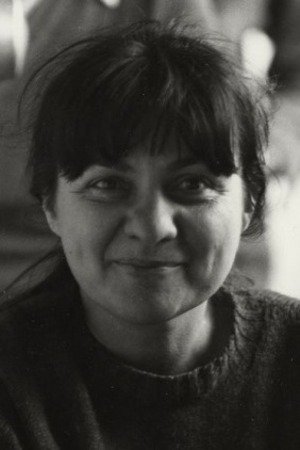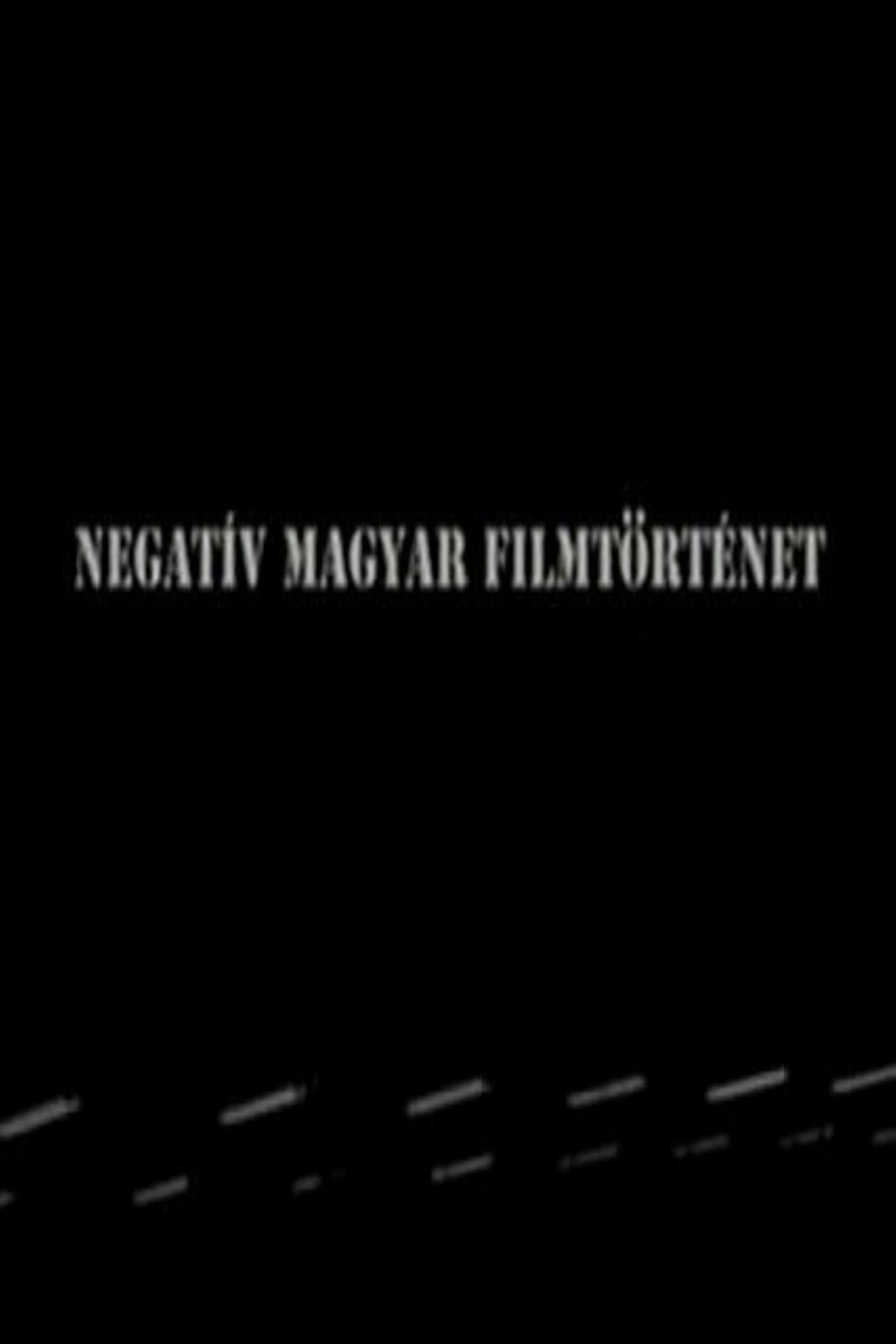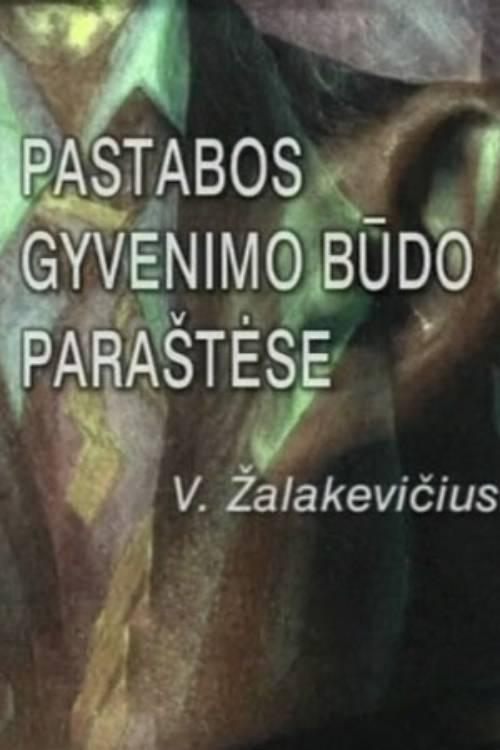

Reconstructions of unrealized Hungarian films in cooperation with the greatest Hungarian film directors.
Maria Zmarz-Koczanowicz directed this insightful TV documentary (2005) tracing the Polish filmmaker's career. Former classmates reminisce about Kieslowski's happy beginnings at the Lodz film school and how his dissatisfaction with some of his early documentaries prompted the dramatic work and stylistic experimentation that led to his monumental series of films The Decalogue (1989). Wim Wenders, Agnieszka Holland, and Juliette Binoche are among the many admirers weighing in on his hard-driving work methods and preoccupation with the ephemeral. In Polish, French, and German with subtitles.

The film tells about the famous Lithuanian director Vytautas Žalakevičius. The film contains many excerpts from the director's films and conversations with him. Here he talks about life, creativity and about himself. Vytautas Žalakevičius is remembered by his friends and associates.
Márta Mészáros (born 19 September 1931) is a Hungarian screenwriter and film director. The daughter of László Mészáros, a sculptor, Mészáros began her career working in documentary film, having made 25 documentary shorts over the span of ten years. Her full-length directorial debut, Eltavozott nap/The Girl (1968), was the first Hungarian film to have been directed by a woman, and won the Special Prize of the Jury at the Valladolid International Film Festival. Mészáros' work often combines autobiographical details with documentary footage. Prominent themes include characters' denials of their pasts, the consequences of dishonesty, and the problematics of gender. Her films often feature heroines from fragmented families, such as young girls seeking their missing parents (The Girl) or middle-aged women looking to adopt children (Adoption). Although Mészáros has made over fifteen feature films, she is arguably best known for Diary for My Children (1984), which won the Grand Prix at the Cannes Film Festival. It was the first entry in a trilogy of autobiographical films which also includes Diary for my Lovers (1987) and Diary for my Father and Mother (1990). Throughout her career, Mészáros has won the Golden Bear and the Silver Bear awards at the Berlinale; the Golden Medal at the Chicago International Film Festival; the Silver Shell at the San Sebastian International Film Festival; and the FIPRESCI Prize at the Cannes Film Festival. In 1991 she was a member of the jury at the 17th Moscow International Film Festival.
By browsing this website, you accept our cookies policy.